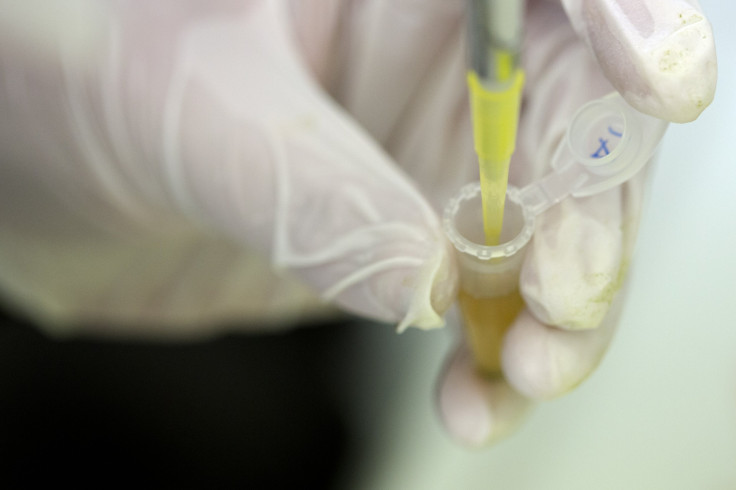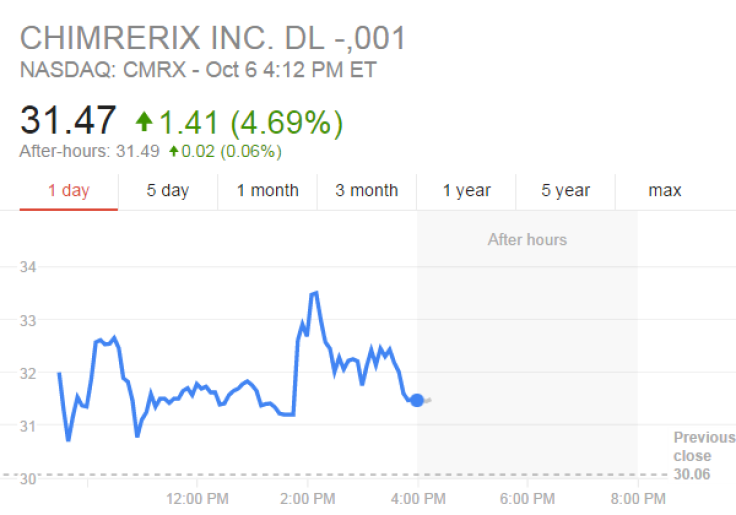Ebola Outbreak 2014: Thomas Eric Duncan Will Be Treated With Brincidofovir, Experimental Drug From Chimerix Inc.

Thomas Eric Duncan, the Ebola patient being treated at a hospital in Dallas, will receive an experimental drug made by biopharmaceutical from Chimerix Inc. The Liberian citizen -- diagnosed with Ebola last week after returning to the United States, and now in critical condition -- will be treated with a medication called brincidofovir, according to a Monday tweet from hospital spokeswoman Candice White.
Another experimental drug called ZMapp, made by Mapp Biopharmaceutical in San Diego, successfully treated earlier Ebola patients, including two U.S. aid workers. But ZMapp supplies have run out.
“We are hopeful that brincidofovir may offer a potential treatment for Ebola Virus Disease during this outbreak,” Dr. Michelle Berrey, president and chief executive of Chimerix, said in a Monday statement.
The experimental use is made possible by Emergency Investigational New Drug Applications granted by the U.S. Food and Drug Administration.
Chimerix is a small biotechnology company based in North Carolina. The drug is an oral medication that’s meant to stop viruses from replicating. After the first reports of Ebola months ago, the company tested the drug, which can also be used against other viruses such as smallpox, and found positive results in early-stage trials. The company is working with the Centers for Disease Control and Prevention and the National Institutes of Health to test it on animals, according to the company website.
On Sunday, CDC Director Thomas Frieden told CNN that Duncan, the only patient to develop Ebola in the U.S., was “fighting for his life.”
More than 3,400 people have died in Guinea, Liberia and Sierra Leone during the largest Ebola outbreak in history. There are more than 7,400 confirmed, suspected and probable cases, according to the World Health Organization.
Chimerix isn’t the only company working on Ebola treatments and vaccines. Other smaller biotechnology and pharmaceutical makers such as Tekmira, Biocryst, Saprepta, NewLink, Inovio and others have been developing their own drugs, many with the help of funding from the U.S. Department of Defense.
Chimerix Inc. stock on the Nasdaq jumped 7 percent Monday between 1:40 p.m. and 2:10 p.m. EDT.

© Copyright IBTimes 2024. All rights reserved.












